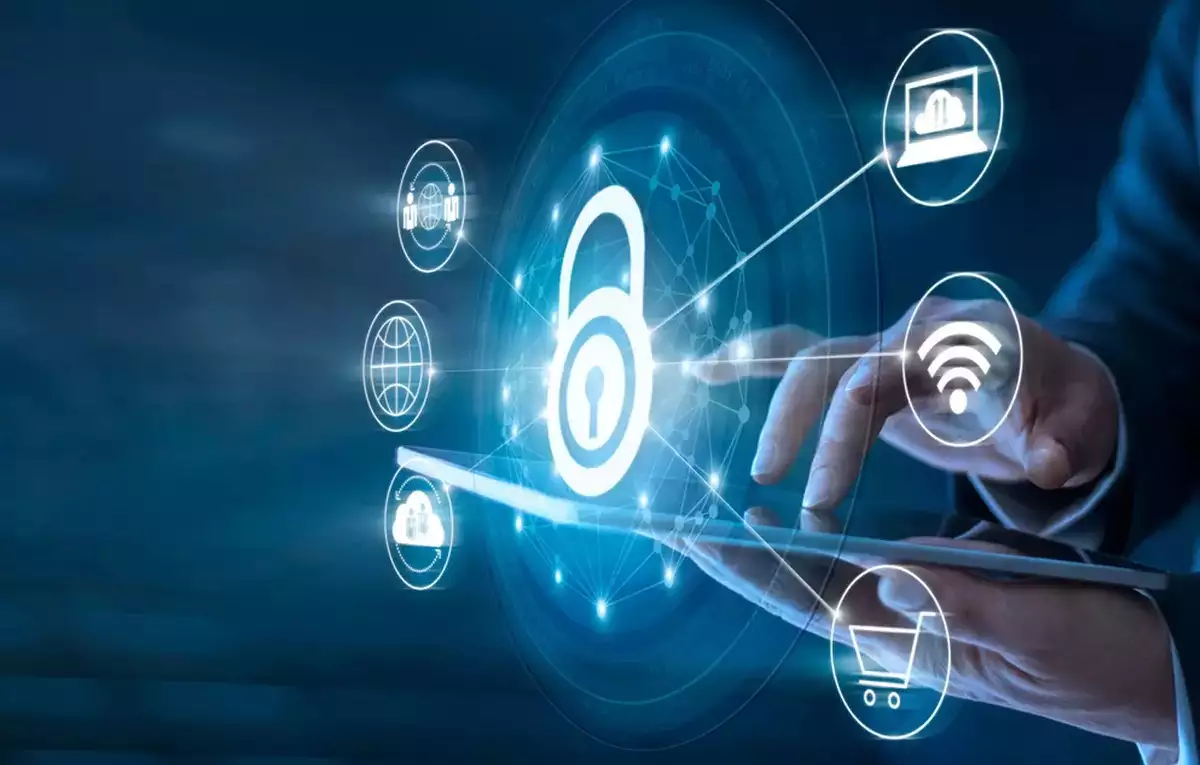Key Takeaways
- The complexity of cyber threats is increasing, posing significant risks to enterprises worldwide.
- It is essential to have strong security measures in place to safeguard sensitive information and ensure the smooth operation of the business.
- Keeping current with the most recent security risks and defense tactics is crucial for companies.
Understanding the Complex Threat Environment
The current risk environment is getting more complicated as hackers constantly devise fresh strategies to exploit weaknesses in systems and networks. As companies integrate digital transformation, their vulnerability to security breaches increases due to the larger attack surface. Threat actors use advanced methods like ransomware, phishing, and complex malware to attack organizations of any size. Businesses must stay vigilant of threats in the constantly changing environment and take proactive steps to protect their digital infrastructure.
One of the most effective strategies for addressing these challenges is leveraging managed network services. By outsourcing network management to specialized providers, businesses can benefit from expert monitoring, threat detection, and response capabilities around the clock. These services provide a thorough cybersecurity strategy to quickly fix vulnerabilities and prevent potential attacks from causing significant harm. Experts manage the intricacies of securing and upkeeping networks, enabling businesses to concentrate on their primary operations.
The Importance of Proactive Security Measures
The stark reality of a 50% increase in cyberattacks in just one year underscores the urgency for enterprises to evolve their security practices. With cyber threats surging at these alarming rates, organizations must shift from a reactive to a proactive security stance. This shift goes beyond mere software updates. It involves profoundly embedding cybersecurity into every organization’s operational strategy layer. AI-driven tools, for instance, provide predictive analytics that foretells potential breaches, enabling businesses to strengthen their defenses well before any attack. Furthermore, regular audits and refreshers of security protocols ensure that defenses are fluid and responsive, capable of adapting to even the most unexpected threats. By taking these proactive measures, businesses can safeguard their assets and build trust with customers who are increasingly aware of the digital risks associated with weak security frameworks.
Adapting to the New Norms of Remote Work
The transformation towards a remote work paradigm has radically altered the security dynamics within enterprises. As employees connect from various unsecured home networks and public Wi-Fi spots, the traditional security perimeter has been rendered obsolete, expanding the surface area for potential attacks. This shift requires robust strategies that secure remote access to sensitive organizational data, implementing virtual private networks (VPNs), endpoint protection, and zero-trust security policies imperative. Balancing flexibility with security is critical—companies must ensure operational convenience does not compromise data integrity. As remote work becomes a staple of modern business practices, the emphasis must remain on ensuring that all remote connections are as secure as on-premise operations. Employers should ensure their technology tools are updated and promote a security-conscious culture among remote employees to avoid inadvertent security mistakes.
Investing in Employee Cybersecurity Training
Astonishingly, human error accounts for 95% of successful cybersecurity breaches. This statistic elevates the necessity for regular and comprehensive cybersecurity training beyond a mere best practice to an absolute necessity. By fostering a security-aware culture, businesses can significantly reduce their vulnerability to threats. Employee training sessions should be immersive and updated regularly, covering many vulnerabilities—from recognizing phishing attempts to safe password practices and secure internet navigation. Moreover, simulation drills that mimic real-world attacks can greatly enhance preparedness and response times. By empowering employees with practical knowledge, organizations fortify their first line of defense and instill a sense of individual accountability, thereby creating a formidable barrier against cyber threats.
Leveraging Technology for Better Security
In the constantly evolving cybersecurity landscape, leveraging advanced technology is advantageous and essential. Multi-factor authentication (MFA) is now a standard defense mechanism, providing an additional security layer even if passwords are compromised. Data encryption further ensures that intercepted data remains inaccessible and unusable by malicious actors. New advancements like artificial intelligence and machine learning are increasingly crucial, utilizing vast data to identify potential risks in the initial stages. This is supported by insights from a BBC article underscoring AI’s capability to detect cybersecurity threats with unprecedented accuracy. By employing machine learning, organizations can effectively predict and preempt threats, crafting a robust and agile cybersecurity strategy that continually adapts to the evolving threat environment.
Continuous Monitoring and Auditing
Think of continuous monitoring and auditing as the lifeblood of a robust cybersecurity posture. These processes act like a digital immune system, constantly scanning for anomalies that might indicate potential threats. By employing real-time analytics, organizations gain immediate insights that enable prompt action, often neutralizing threats before they escalate into significant breaches. This dynamic and continuous approach turns what was once a static defense into a lively, adaptable security mechanism, ensuring that enterprises remain one step ahead of would-be attackers. Regular audits complement this by providing a broader assessment of security posture, pinpointing weaknesses and areas for improvement, thus contributing to a more resilient infrastructure.
Building a Culture of Security Awareness
The ultimate pillar of effective cybersecurity lies in cultivating an organization-wide culture that prioritizes security. A well-informed workforce is an organization’s greatest asset in mitigating risks. When security consciousness is woven into everyday operations, employees become vigilant guardians of the company’s information assets. This proactive mindset encourages employees to report threats immediately, reinforcing security protocols. As part of this cultural shift, regular discussions on emerging phishing schemes, scam tactics and new vulnerabilities ensure that security awareness remains a dynamic, ever-evolving process. By integrating cybersecurity into the organization’s core values, businesses encourage a culture of trust and collective accountability with all individuals playing a role in strengthening the online defenses.
Stay in touch to get more news & updates on Vents Breaking!

